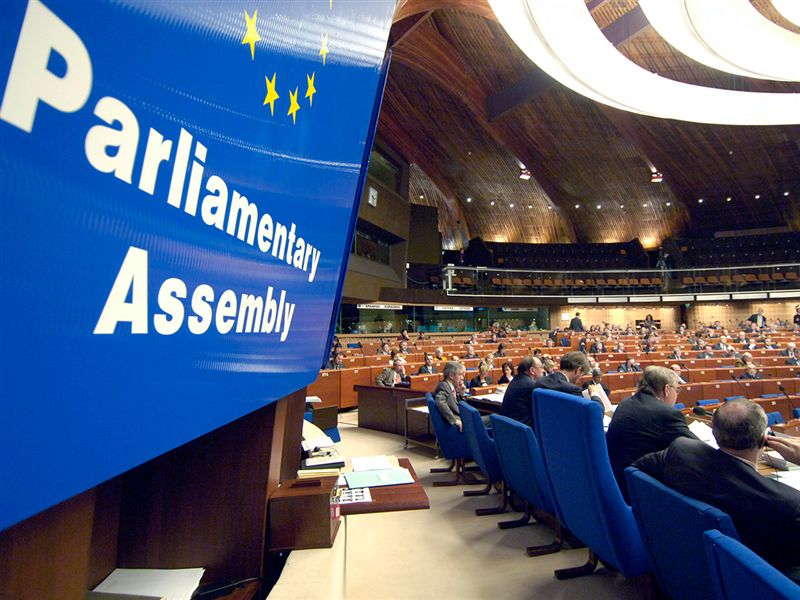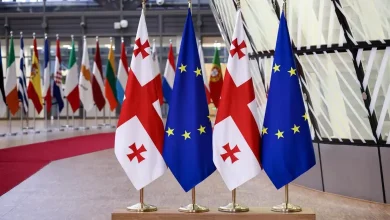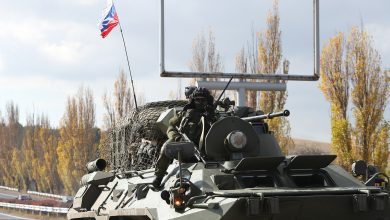PACE: The situation with regard to basic freedoms in Azerbaijan ‘preoccupying’

The Parliamentary Assembly of the Council of Europe (PACE) today encouraged the authorities of Azerbaijan “to step up their efforts to implement the legislation in the areas crucial for the proper functioning of democratic institutions” and, against this background, decided to continue the monitoring of the country’s obligations and commitments.
According to the adopted text, based on the report by Pedro Agramunt (Spain, EPP/CD) and Joseph Debono Grech (Malta, SOC), since its accession Azerbaijan has made progress with regard to the establishment of the legislative framework in some areas crucial for the functioning of democratic institutions but, regrettably, “restrictive application or violations of some laws are resulting in growing concern with regard to the rule of law and respect for human rights”. The lack of independence of the judiciary is a concern too, “where the executive branch, in some particular cases, continues to exert influence on it”.
Since Azerbaijan’s accession to the Council of Europe, not a single parliamentary or presidential election has fully met democratic standards. According to the Assembly, “a number of shortcomings and deficiencies in the electoral process, in particular with regard to the electoral code, the composition of the electoral commissions, candidate registration, observers and the complaints and appeals procedure, must be addressed in time for the next elections”.
Concerning the functioning of pluralist democracy, some well-known Azerbaijani opposition parties are not represented in parliament, the ruling party is the only one which is eligible to establish a political group and “regrettably, there is no political dialogue” with the opposition parties outside parliament.
The situation with regard to basic freedoms, including freedom of expression, freedom of assembly and freedom of association, “is preoccupying”. The Assembly expressed its alarm at reports by human rights defenders and domestic and international NGOs about the alleged use of so-called fabricated charges against activists and journalists. “The combination of the restrictive implementation of freedoms with unfair trials and the undue influence of the executive, results in the systemic detention of people who may be considered prisoners of conscience,” the adopted text underlines.
Recently adopted amendments to the Criminal Code and the Administrative Code, which have increased penalties for the organisers of, and participants in, “unauthorised” gatherings, also raise concern, as do alleged cases of torture and other forms of ill-treatment at police stations, during the investigation period and in penal institutions, as well as the impunity of perpetrators.
Finally, despite the progress achieved in the introduction of a legislative framework aimed at fighting corruption and organised crime, the main challenge lies in “the effective application of that legislation”.








